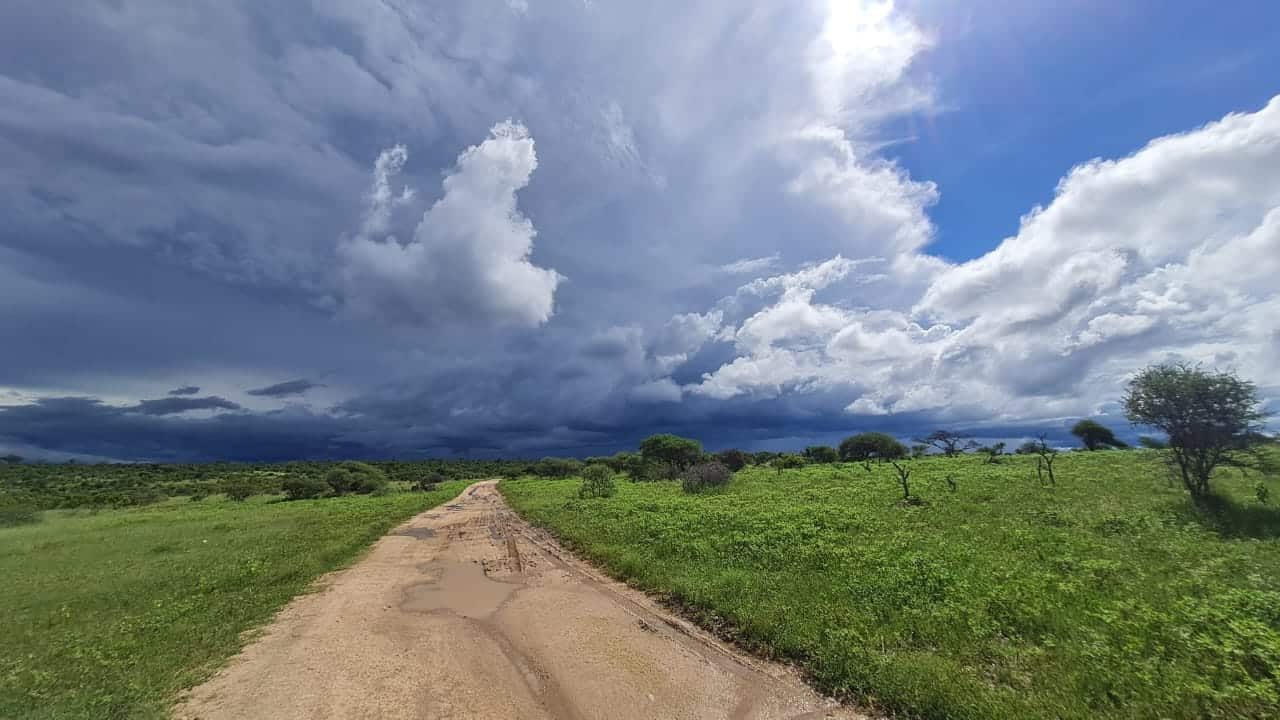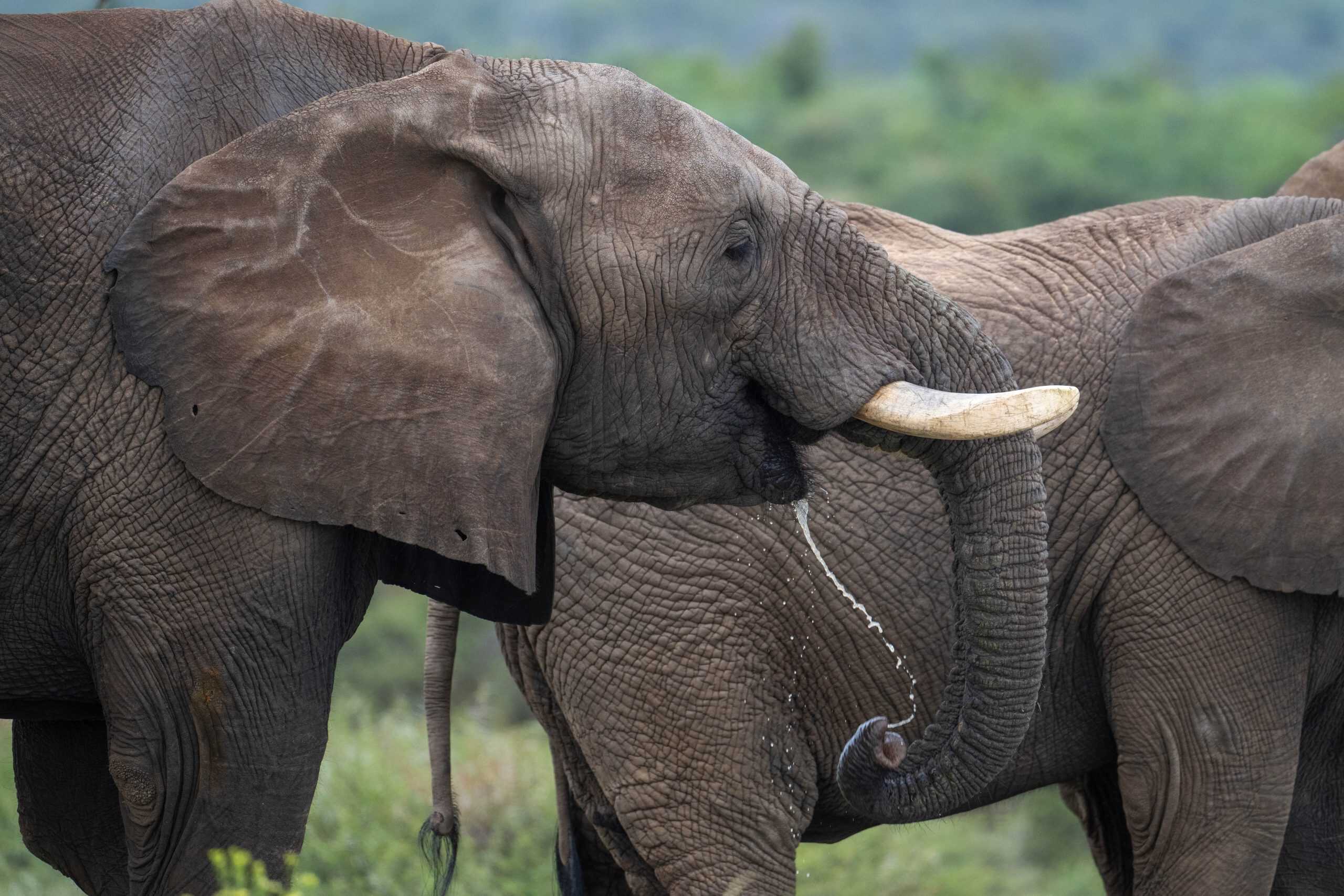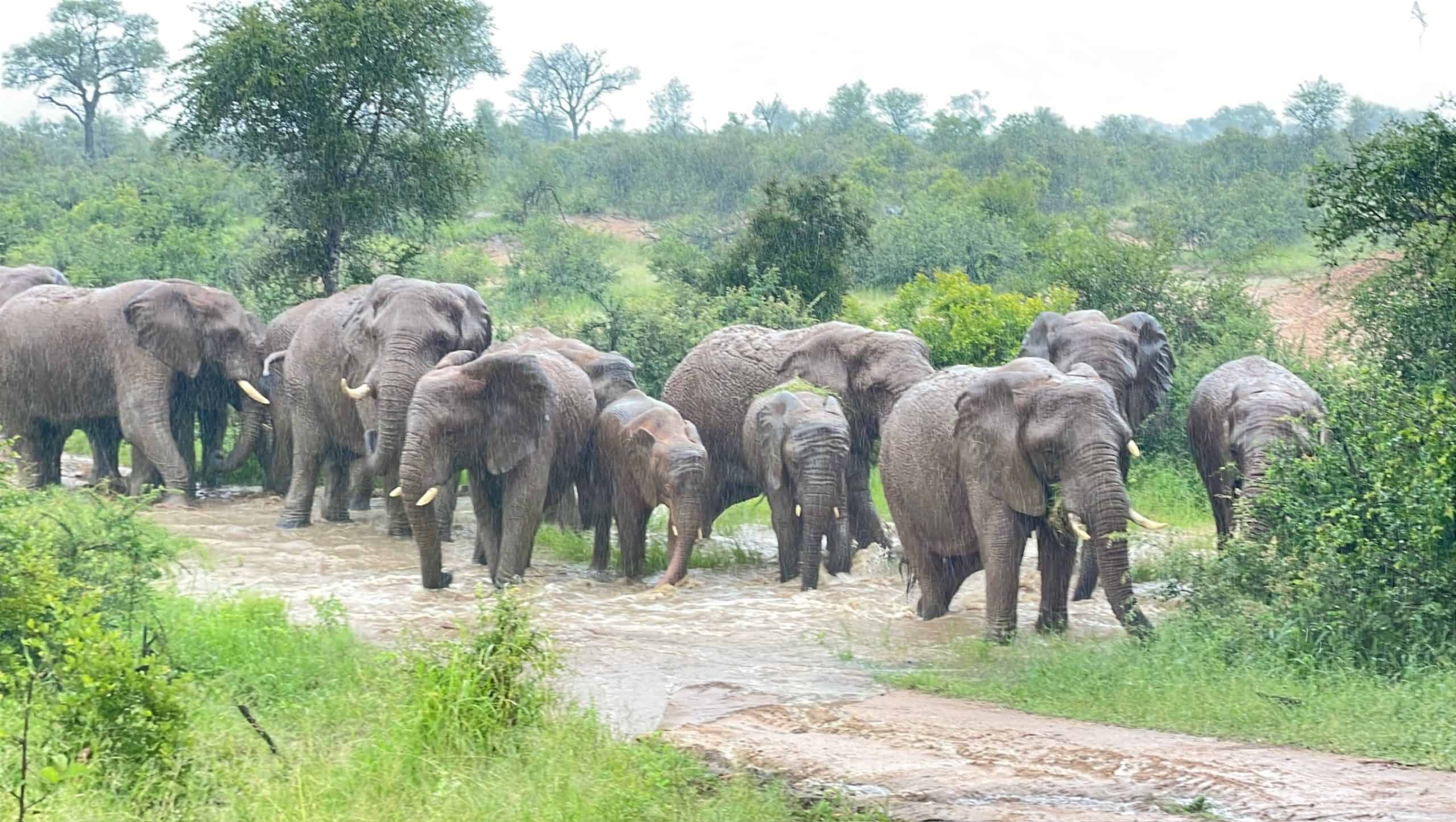A Home For Elephants & Humans Alike | Protecting Our Habitats
Today two important days unite – World Habitat Day and World Animal Day and it gives us a chance to spread awareness of not only the elephant species that we are dedicated to at HERD but also the habitats that support them and the settlements around them. Habitats are a vital focus in conservation and community upliftment.
Through HERD and our community work in neighbouring areas, with our nursery carers at the helm, and by focusing on local employment opportunities and empowerment projects, we hope to create a relationship of respect, understanding and compassion between humans and elephants. A relationship that is mutually beneficial.
Our HERD habitat provides a home to not only rescued elephants and a variety of wildlife species, but also numerous human beings who have dedicated their work lives to being a part of tourism for sustainable ends and conservation. Our elephant carers and team in charge of supporting and managing our private reserve live among the animals and know best the harmony between human, animal and environment that is needed for the health and prosperity of all.
Habitat destruction and overpopulation have led to the human-elephant conflict that we work to raise awareness about and the need for elephant orphanages like HERD. With elephants being pushed off of their land and having so few wild spaces left to hold, sustain and protect them, more conflict results with elephants moving into human settlements and raiding farms.
Protecting the world’s last few wild green spaces where wildlife roam freely is vital in the health of our planet and natural world. These wild spaces provide a place where sustainability can thrive and teach others. Day visitors to our private Jabulani reserve have the chance to experience the natural landscape as they follow the dirt roads to our Elephant Moments morning experience, where guests can meet three of the rescued bull elephants in the care of HERD in Hoedspruit. Our hope for this experience is to offer more inclusive access to these natural areas. This year we offered sponsorships for Health Workers and a new school special to encourage visitors to join us for this daily experience of a soulful and respectful meeting of human and elephant in a natural habitat. Visitors can also stay overnight in the reserve at Jabulani.
We need areas where nature and the animal kingdom can thrive, but where humans can benefit too. Areas where buildings are scarce and tarred roads are replaced by dirt ones, where silence can be felt and our sense of smell is enlivened at every corner, where we can see as far as the horizon and rediscover the instincts of the animal world. We need areas like our reserve to provide a home for not only our wildlife but also the people who have taken on the work of protecting them – helping to sustain them for their lifetimes. We need people and nature to meet, our habitats to merge respectfully, and for everyone to do their part.
You can help us to manage, restore and sustain the habitat of our rescued elephant herd and in turn the wildlife the Jabulani herd share their home with, by donating to our GlobalGiving Campaign, HERD Elephant Impact Project Phase 2.
Protecting the Elephants’ Wilderness
It is essential that we tend to the surrounding land in the vicinity where the elephants traverse regularly en route to the further areas of the reserve. Once we reach our target, we will be able to apply preventative management techniques to the surrounding land to prevent environmental degradation shaped by the elephants. In Phase 1 we were able to cover 50 Hectares of land, and we aim to cover the same area in Phase 2.
Solution: This involves the selective removal of encroaching indigenous tree species and reusing the plant matter using a veld management technique called brush packing. The operation will also remove alien/invasive plants species of the cacti variation from the affected area. Due to the lack of a stable grass community, indigenous grass seeds will be used to speed up the restoration process.
Long-Term Impact: The long-term impact will ensure regeneration of essential elements necessary to make the environment thrive, manage corrosion, ensure a greater diversity of healthy growth of plants and trees, and restore balance in grazing areas. This is absolutely vital to ensure longevity of the conservation as well as the health and well-being of wildlife grazing in these areas, especially for the elephants in our care.
Read more:
- Taking Care of the Land that Cares for Us
- Restoring Our Wilderness
- A Bird’s Eye view of the wilderness around HERD
- Adine Reporting on PHASE 1
All images by Simon Needham





Kathy Andwrson
This absolutely ?percent more amazing than i and my family and friends could ever dream of!!! ❤thank God for you all! We believe in everything you all are doing!! We can only speak out here but you all are their protecting and saving our most precious animals!!! This poaching has got to STOP PERIOD!!!NO MORE !!!!!